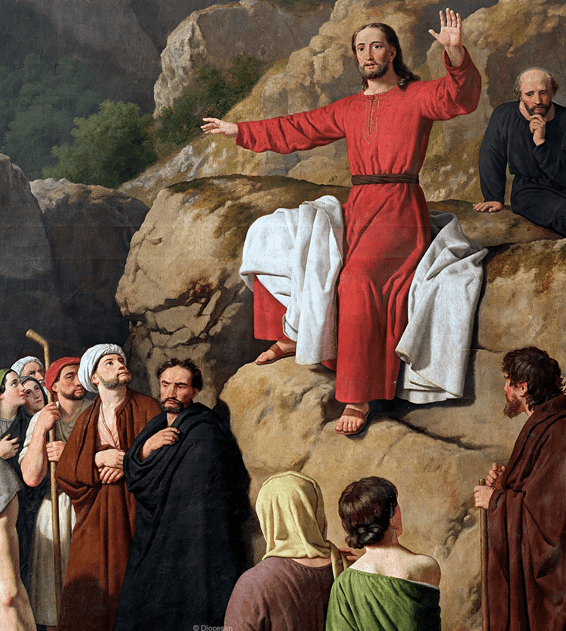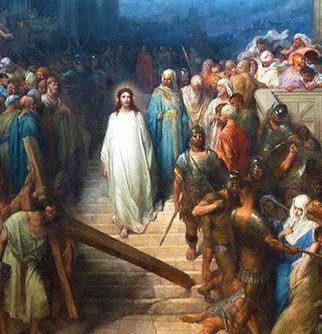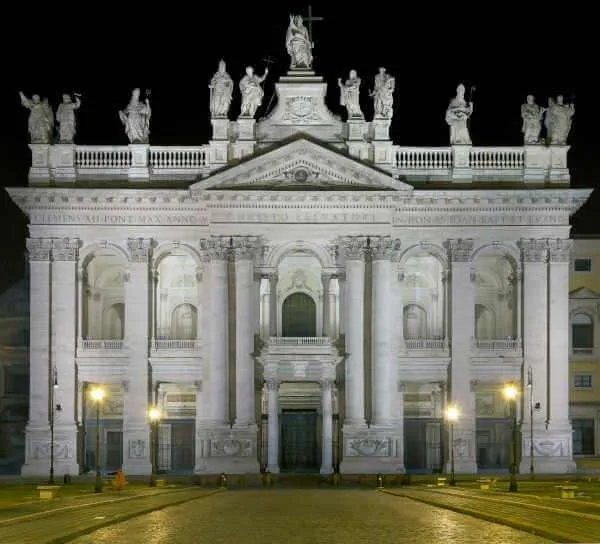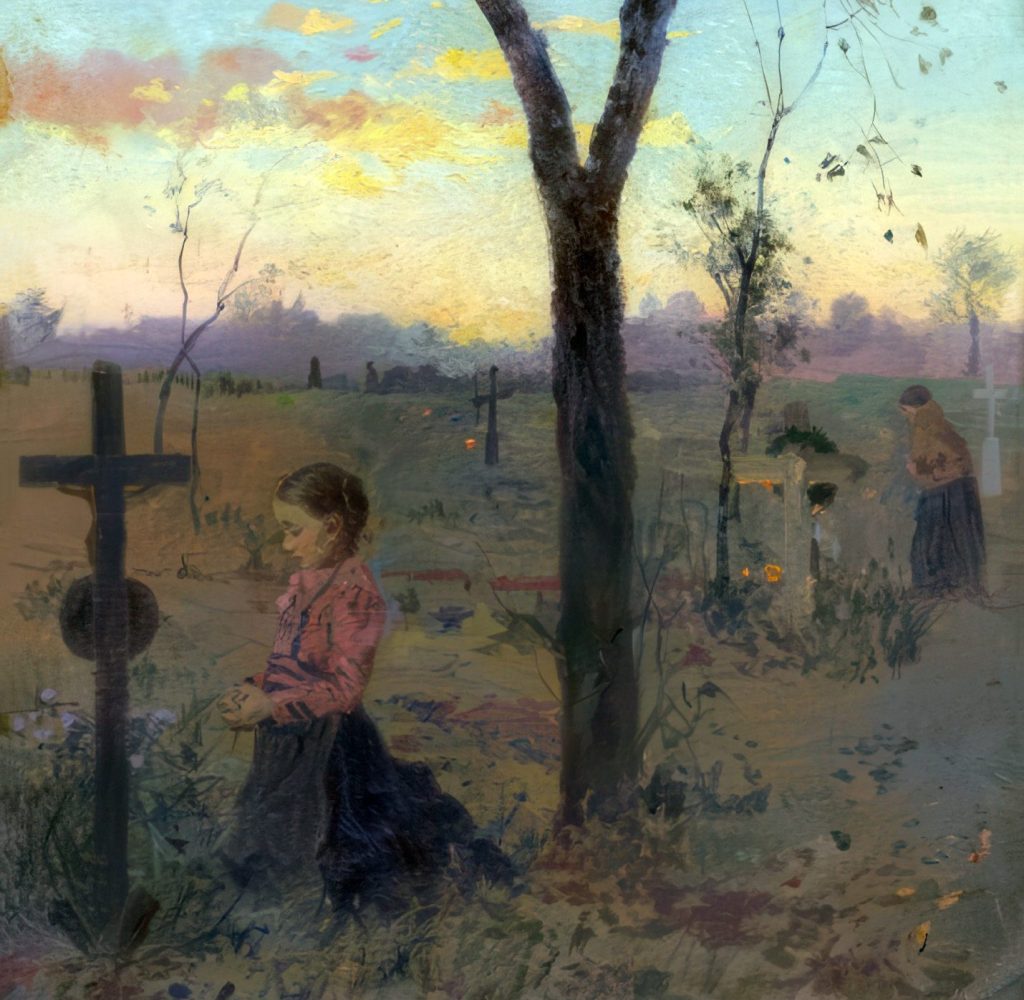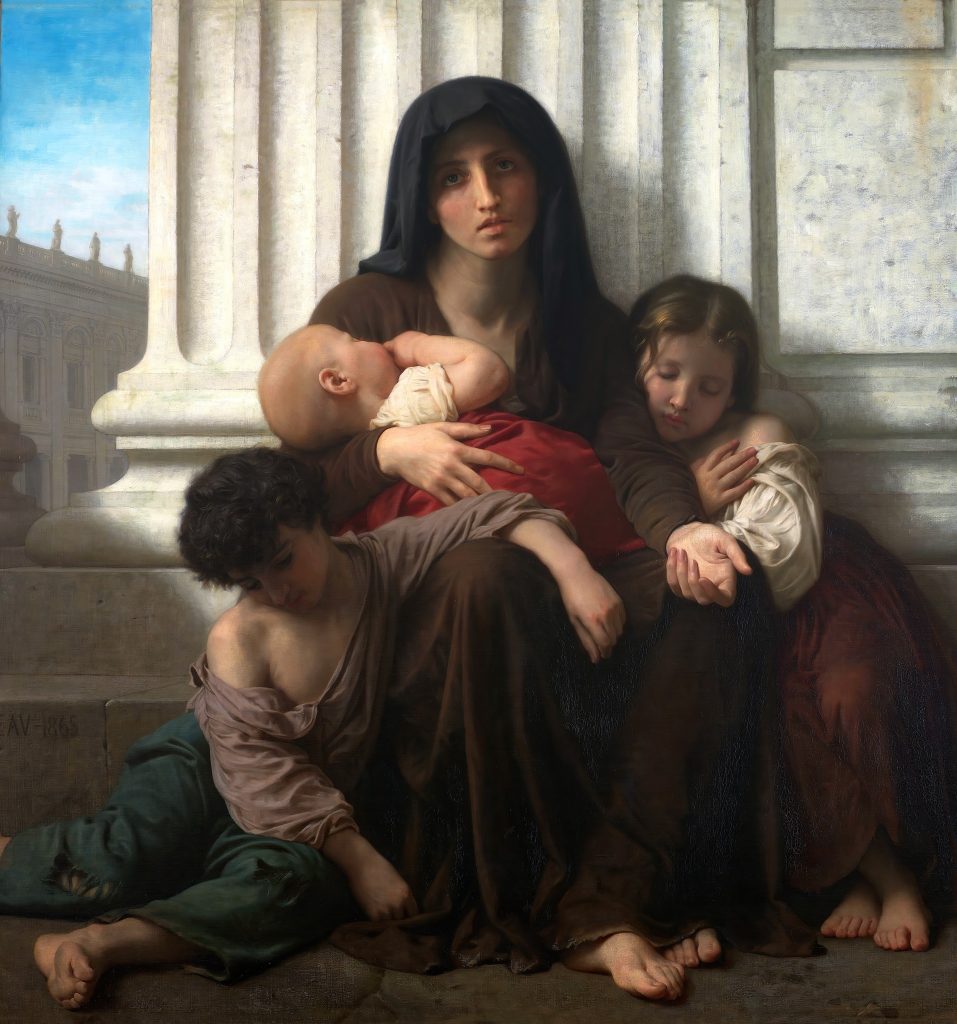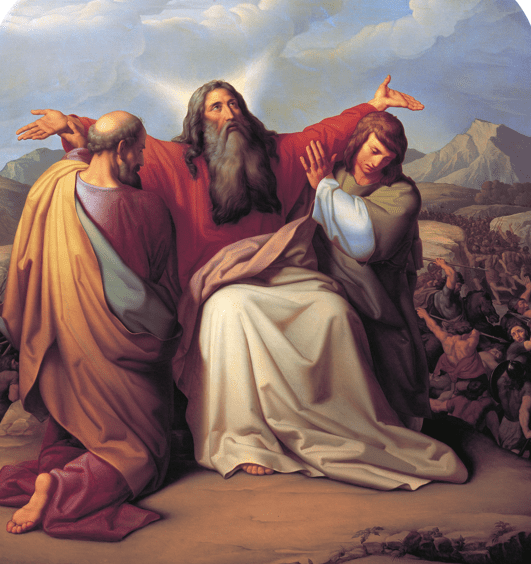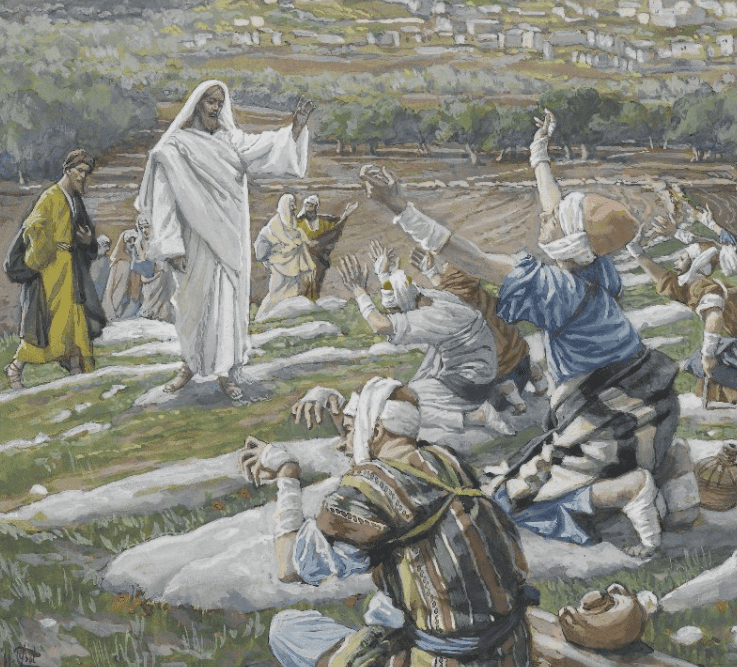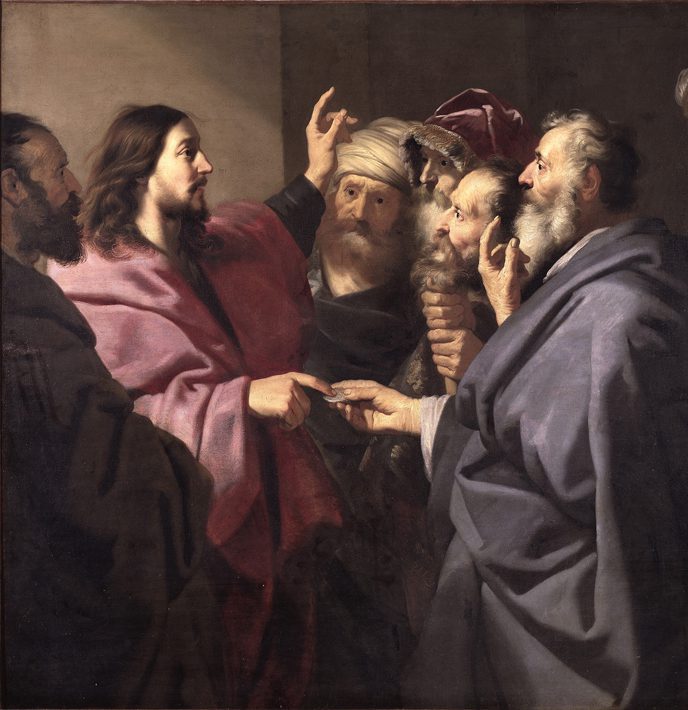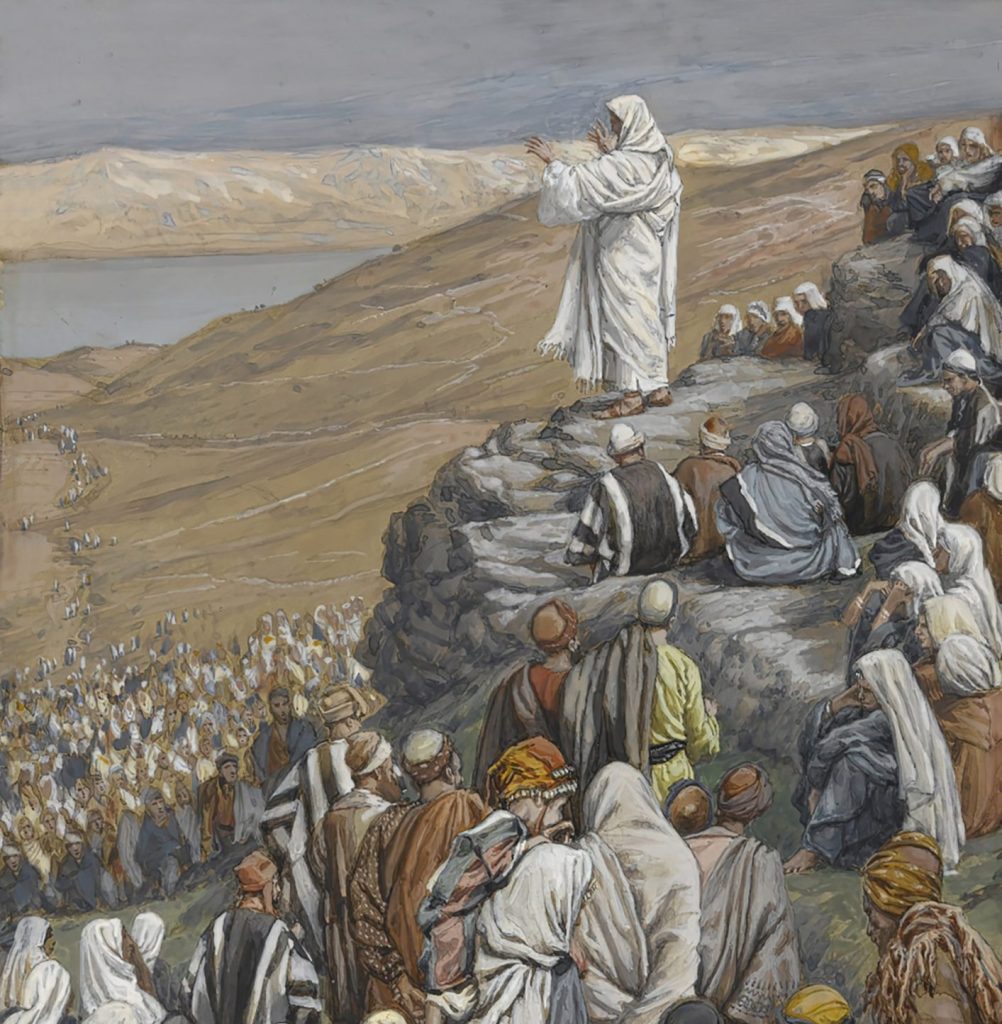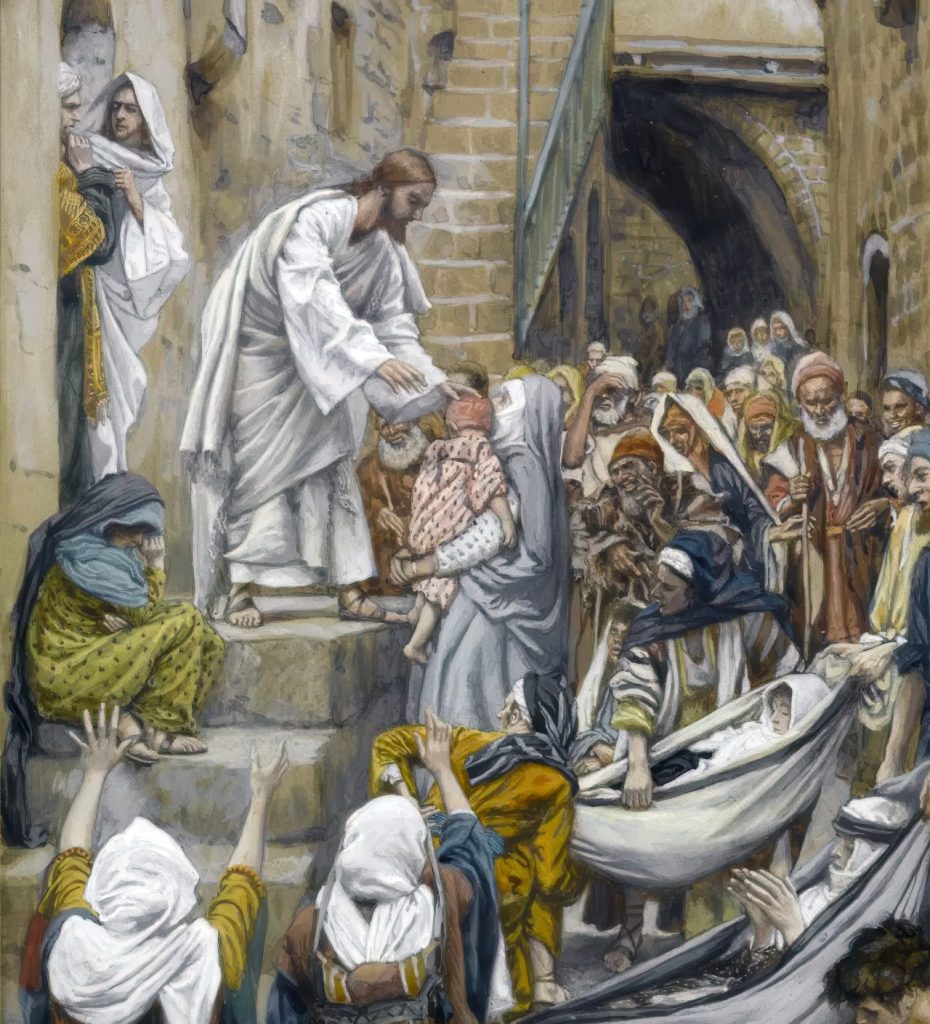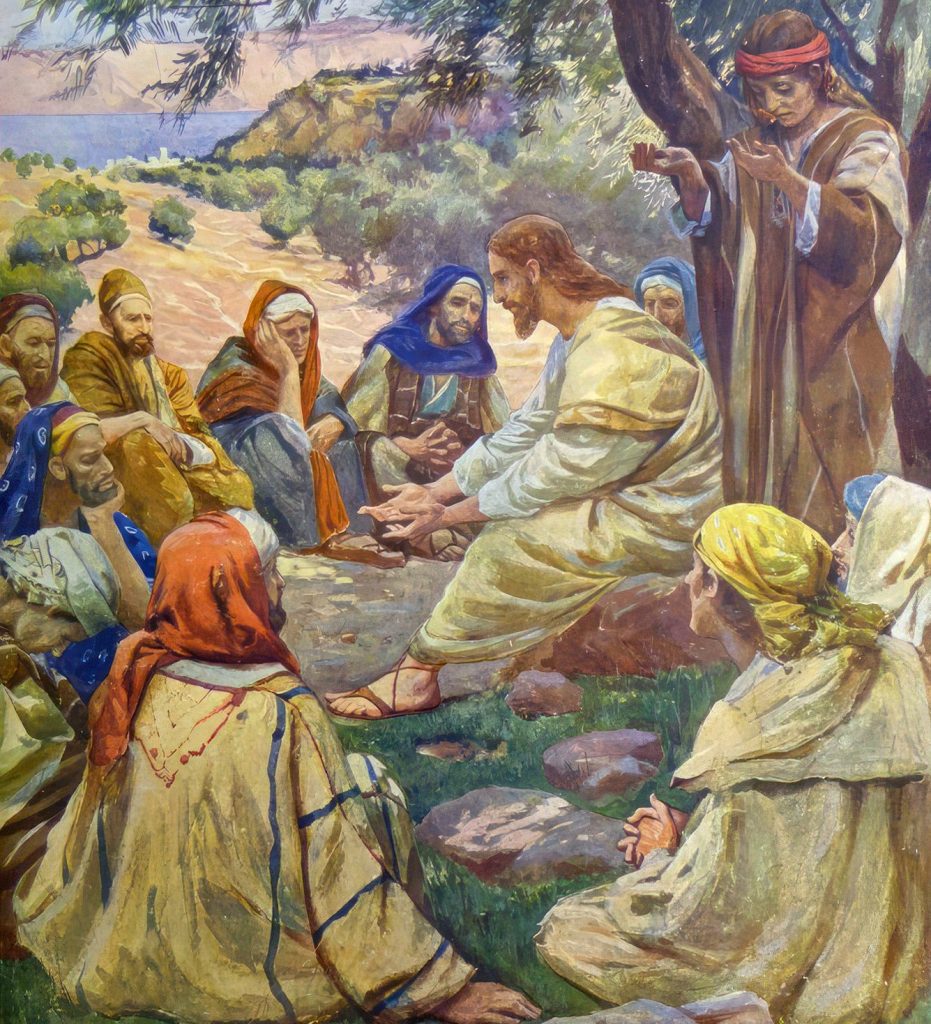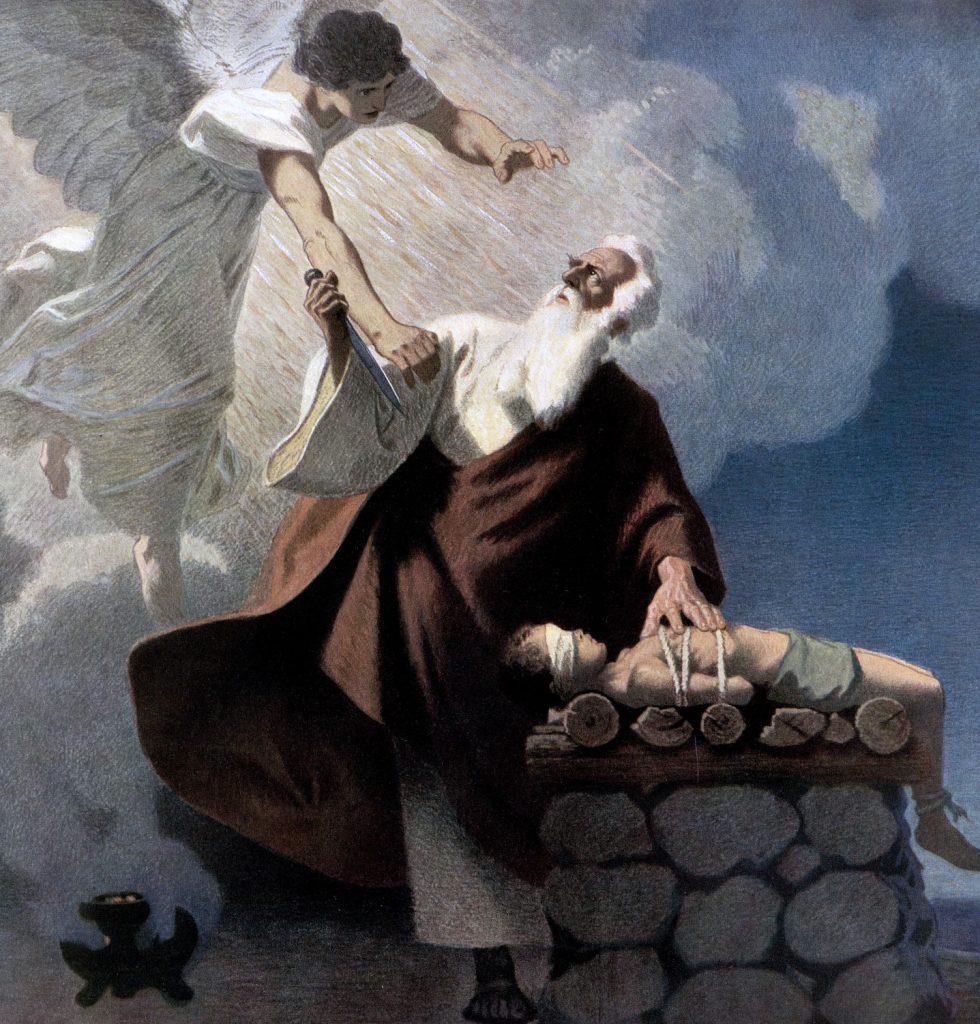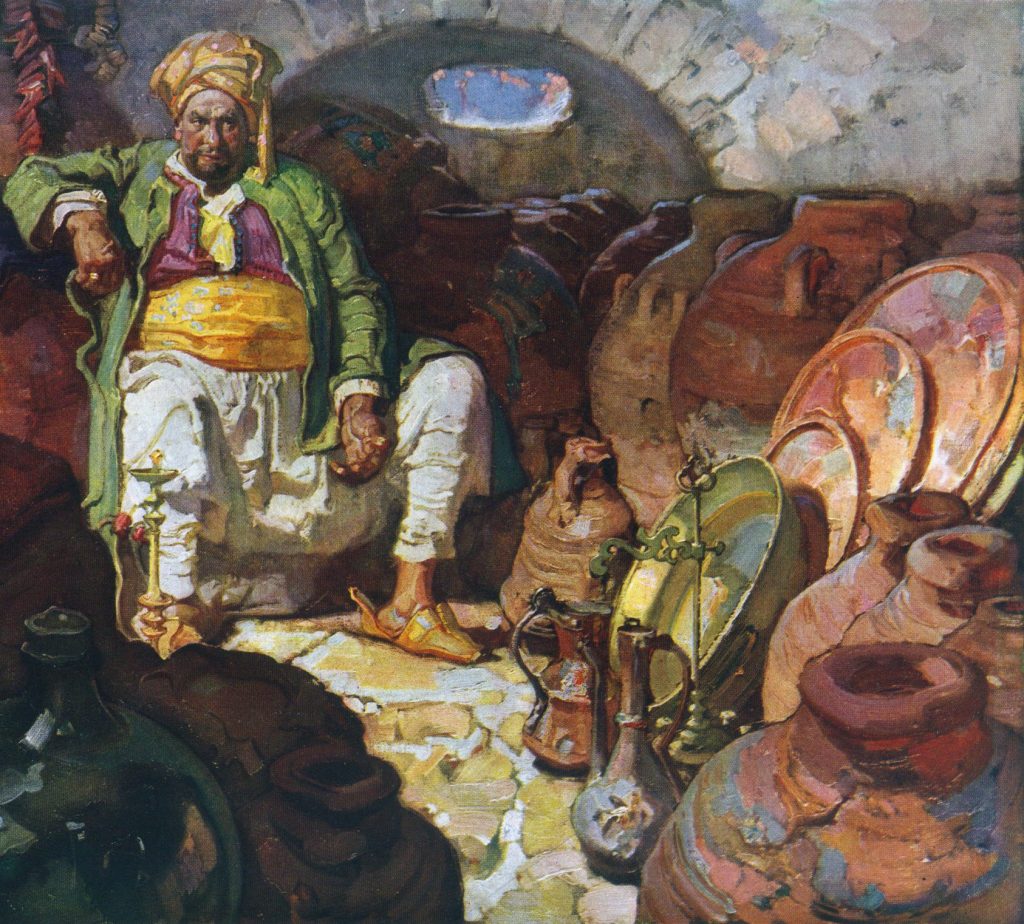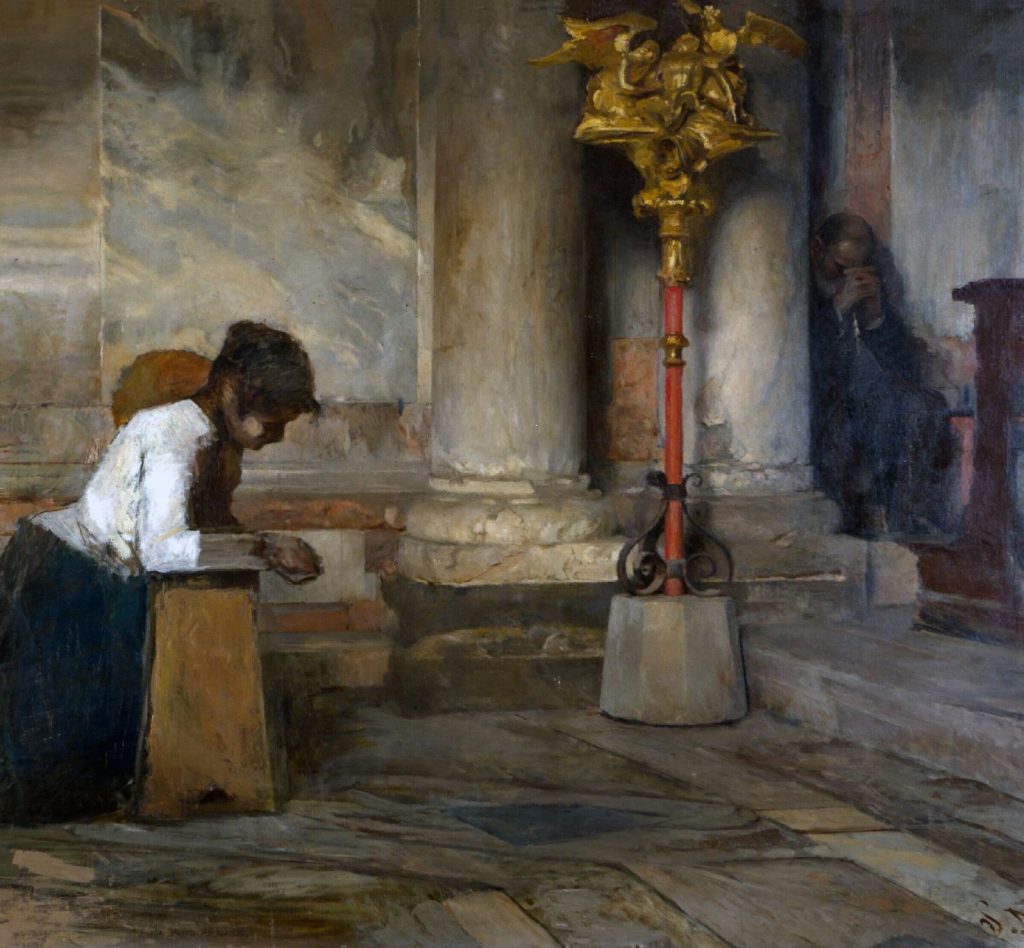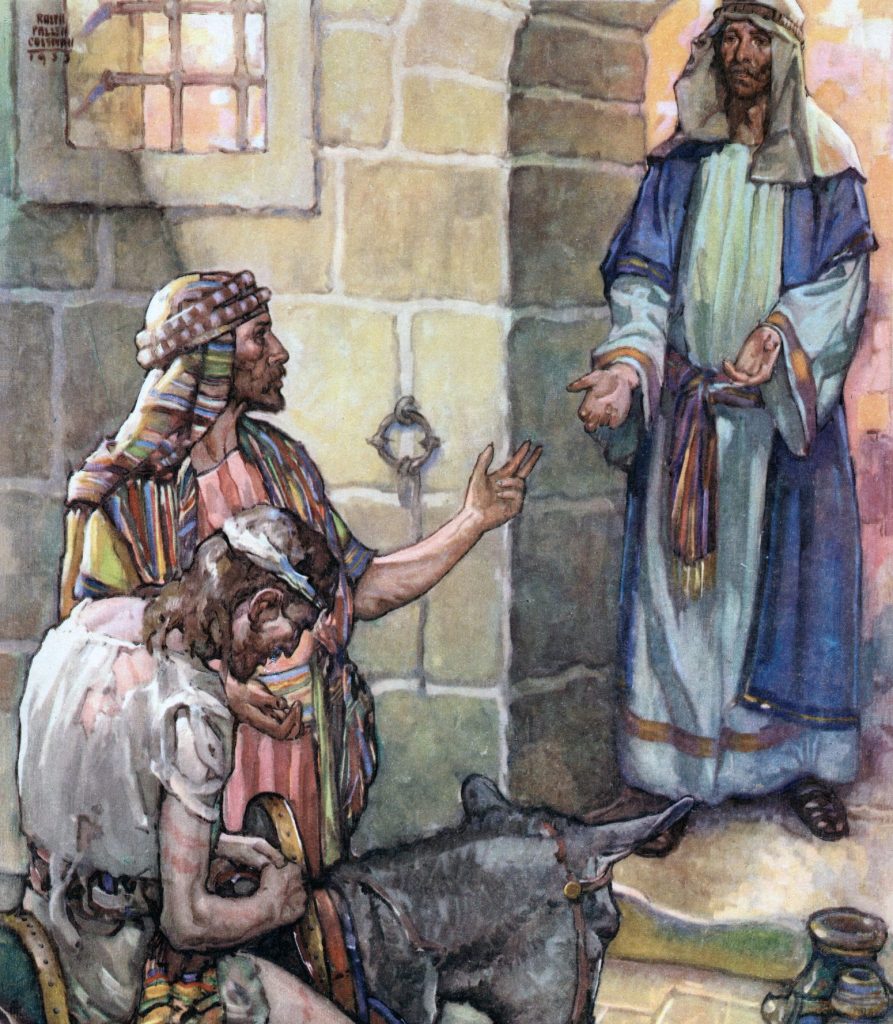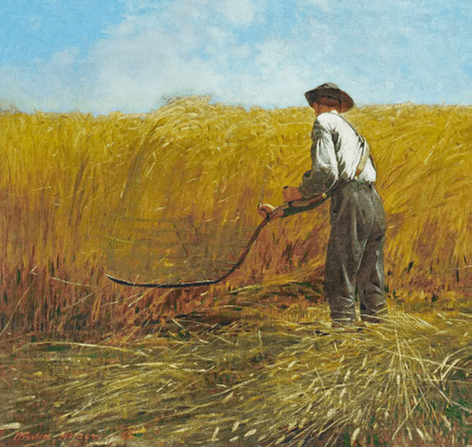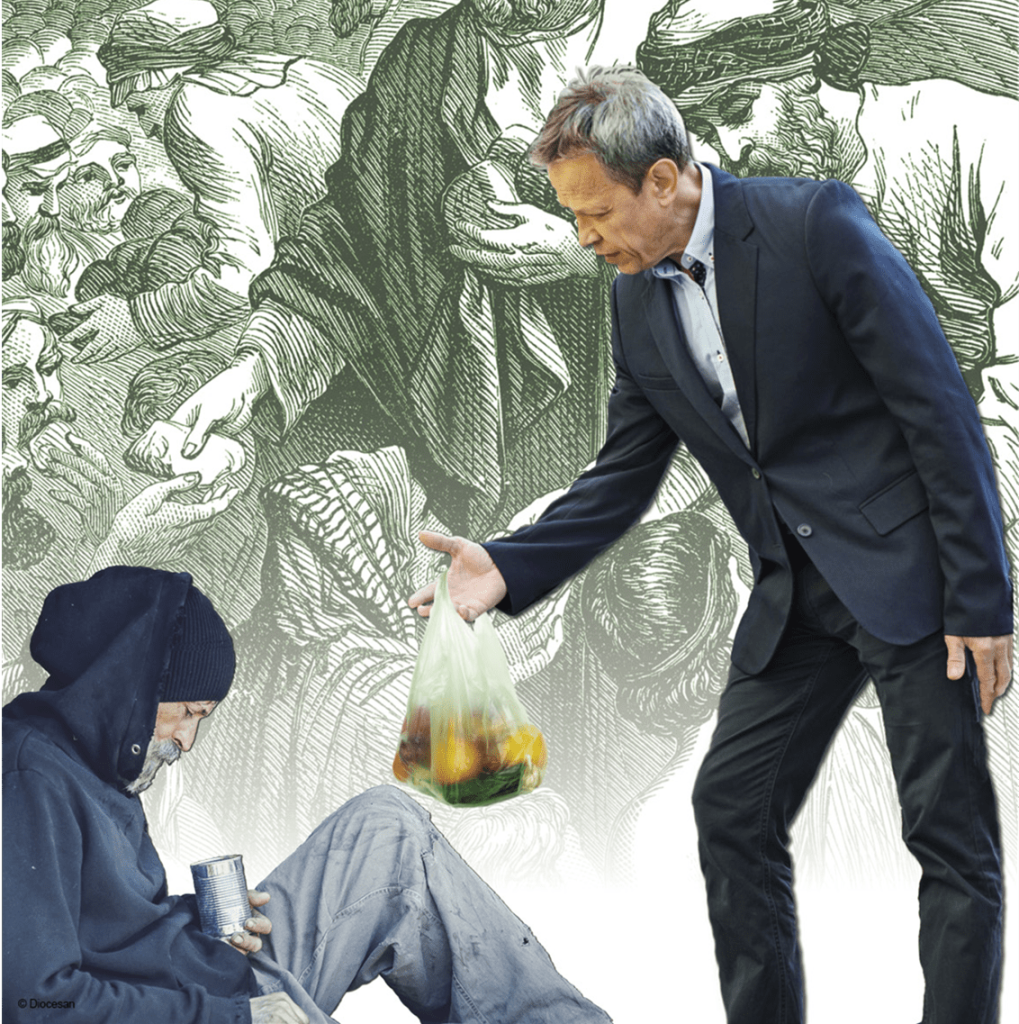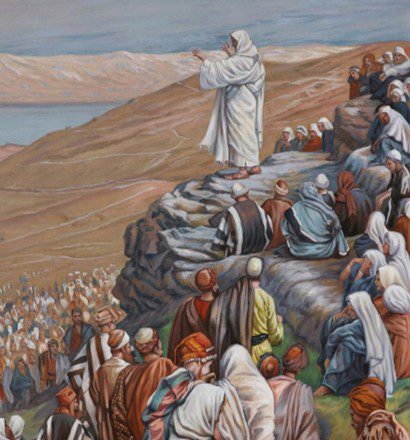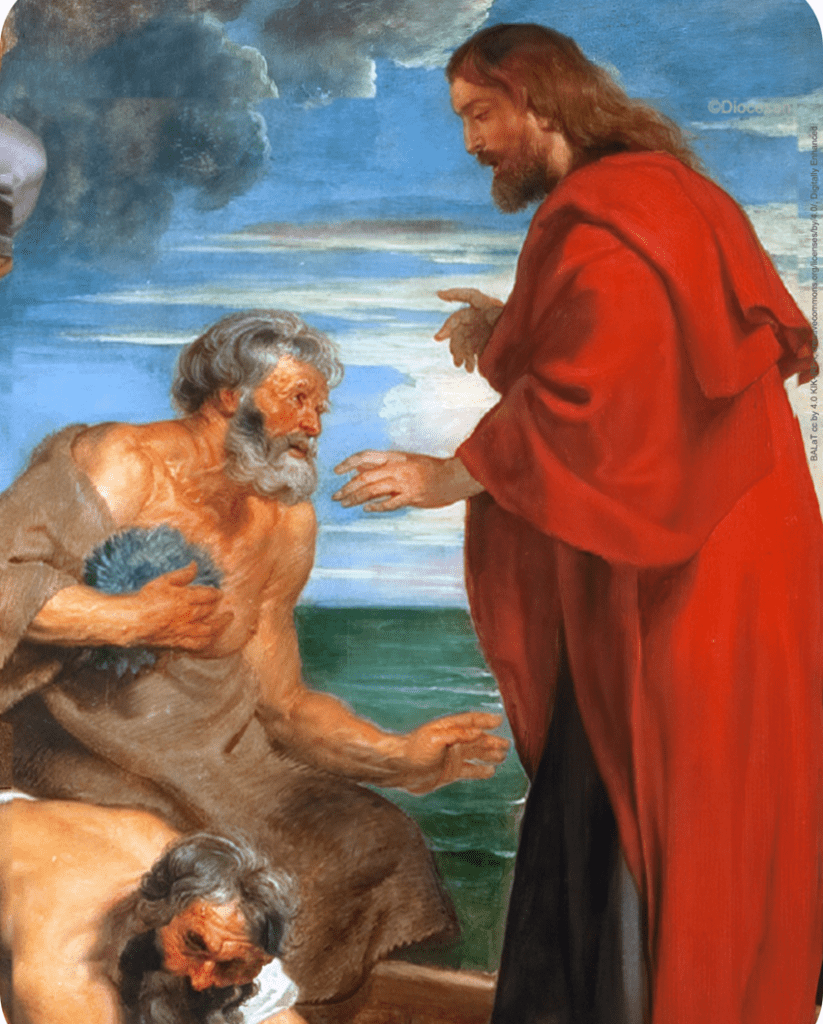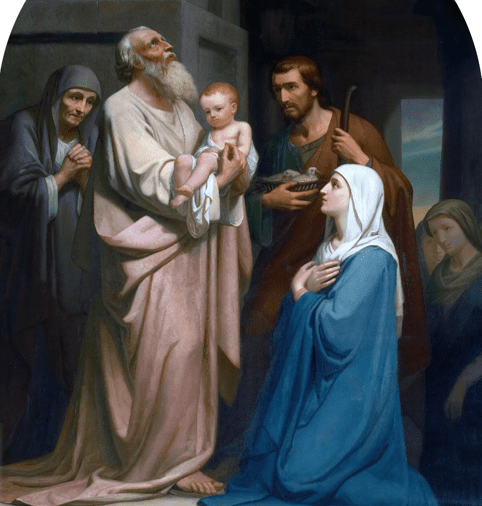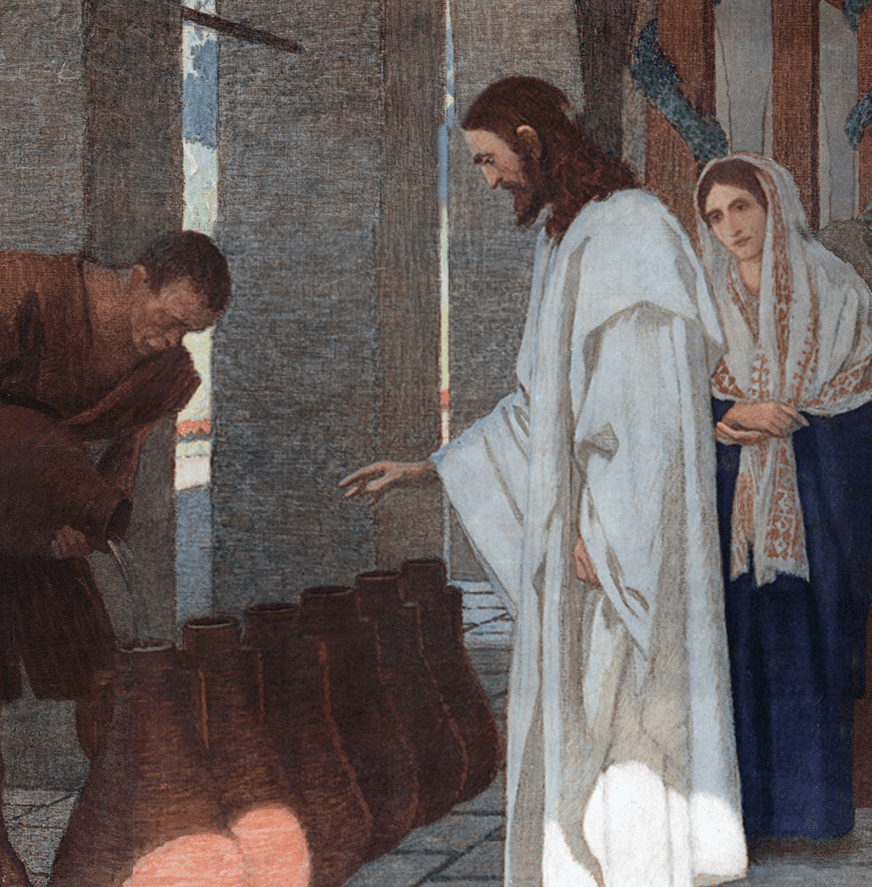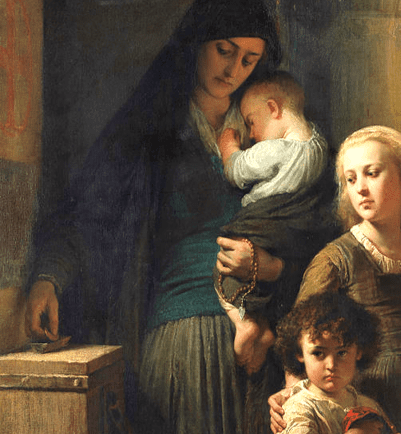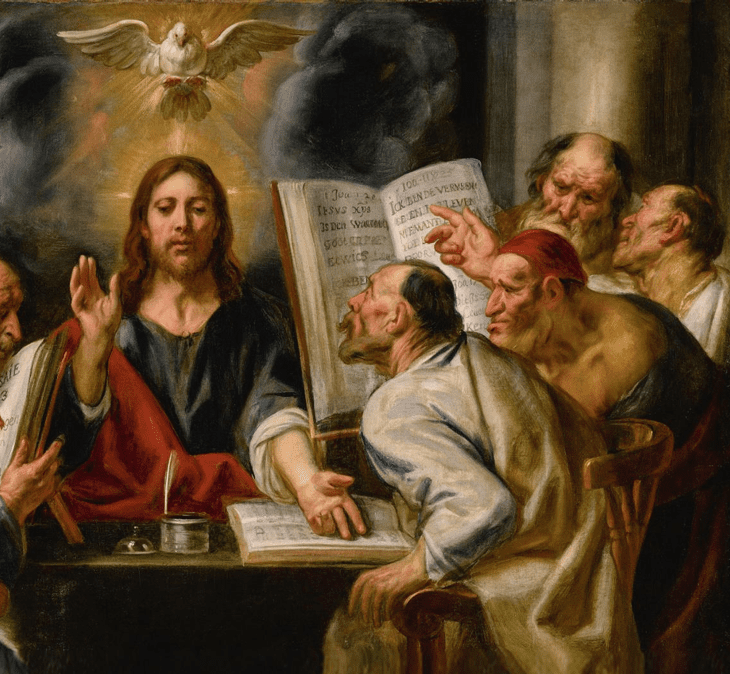In Matthew’s Gospel, Jesus’ first public words are, “Repent, for the kingdom of heaven is at hand.” These were likewise the words of St. John the Baptist (Matt. 3:2), and now that John has been arrested for speaking inconvenient and uncomfortable truths to the powers-that-be, Jesus takes up the same message with a new authority and urgency.
While we often think of the word “repent” as a Lenten message – a sorrowful self-condemnation for our sins – the Greek word “metanoeite” refers to a deep interior conversion, a reorientation, a change in heart and mind and direction. If we are turning away from something, we must be turning toward something else. Yes, repenting means to turn away from sin, but more importantly, a turning toward God. The Catechism tells us that it is “a radical reorientation of our whole life, a return, a conversion to God with all our heart.” (CCC 1431)
In order to turn fully toward God, we must turn away from all that keeps us from seeing Him clearly and drawing near to Him as our loving Father. So while part of repentance is looking at our sin, confessing to a priest, and intending not to sin again, the better part is looking at the Lord, seeing His Truth and Beauty and Goodness, and opening ourselves to love Him more than ourselves, our sin, and our comfort.
Why? Because the Kingdom of Heaven is near; the King has arrived and the reign of God begins now. This Kingdom is not a political or earthly administration of borders and laws, but the reign of the King of Love, present to us in our hearts, in the Word, and in the Sacraments. St. Augustine teaches that the Church is the seed and beginning of this Kingdom on earth; we are made citizens of this Kingdom and true members of the family of the King through Baptism, and we grow to maturity through the Sacraments, prayer and service.
John prepared the way, but Jesus is the way, which He will later make clear. This call to “repent” is a call to hope: hope in the loving Heart of the Savior who came to bring reconciliation and peace, hope in the call and value of each and every life, hope in the truth that no one can out-sin God’s mercy and love, hope in the certain victory of the Kingdom of Love.
Kathryn Mulderink, MA, for Diocesan Publications


